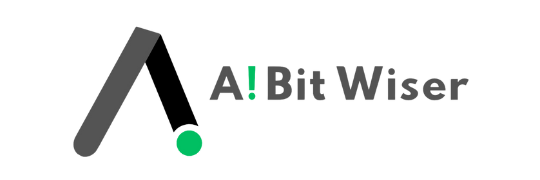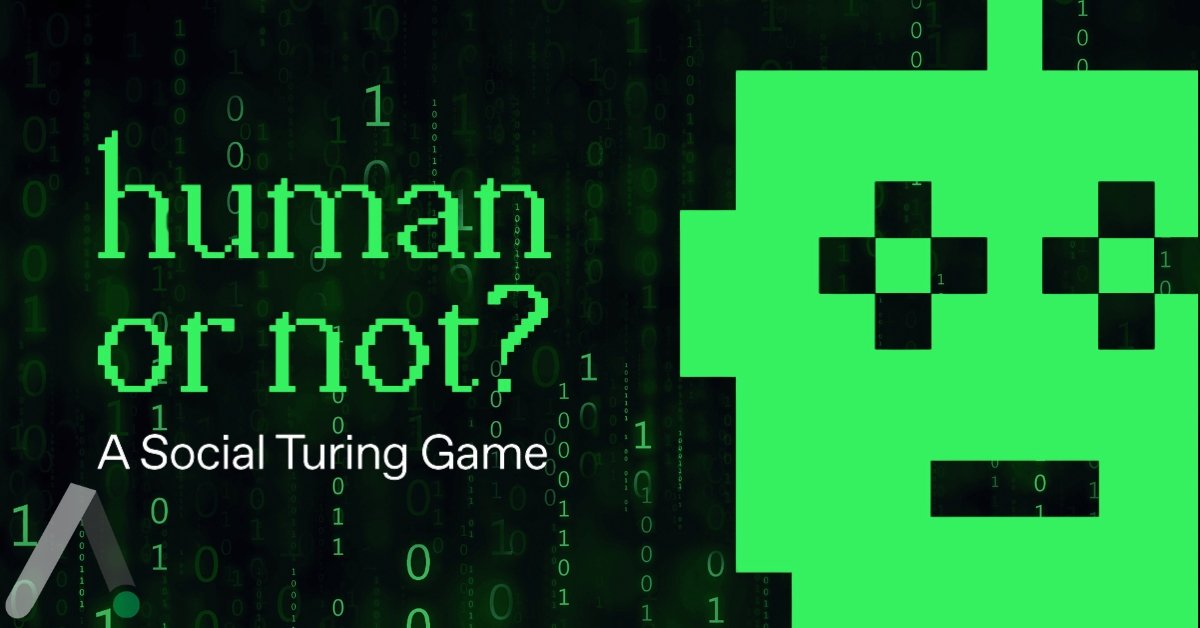Privacy and AI: Protecting Individuals in the Age of AI

What is the relation between Privacy and AI: Protecting Individuals in the Age of AI? The rising progression of technology has prompted a rising inescapability of artificial intelligence (AI) in an ever-increasing number of features of our daily existence. From AI that can foster data from straightforward directions to smart home devices that can perceive our behavior, man-made brainpower (AI) vows to essentially reform how we use data.
By the by, the quick headway of AI abilities raises serious protection issues. The basic idea of security in advanced times, the difficulties presented by man-made intelligence, and procedures for safeguarding individual information will be in every way shrouded in this article.
Importance of Privacy in the Digital Era
In the current digital era, personal information is a valuable resource. Businesses and governments may obtain insights and make well-informed decisions thanks to the massive volumes of data generated and shared online. But a lot of the time, this data includes private, sensitive information that people would rather not share.
Privacy is a fundamental human right that is necessary for individual autonomy, protection, and justice. It is the right to keep personal information private and free from illegal access. Privacy is important for several reasons. It guarantees individual autonomy and control over personal information and shields people from danger such as fraud or identity theft.
Maintaining ties in both personal and professional spheres without worrying about monitoring or intervention is another benefit of privacy. Privacy is essential in the context of Privacy and AI to stop algorithms from discriminating or influencing people based on their data. Preventing unfair or biased decisions requires Privacy and AI systems to be transparent and accountable.
Privacy Challenges in the Age of AI
Artificial intelligence presents interesting dangers to business and individual protection because of the intricacy of its algorithms. As Artificial intelligence progresses, it will want to recognize unobtrusive examples in the information that people would miss, which will empower it to go with choices that people probably won’t comprehend or know about.
Violation of Privacy
The enormous volumes of data that AI requires present serious privacy issues. Personal information can be exploited maliciously for identity theft, cyberbullying, and other purposes if it gets into the wrong hands. Maintaining strong data security protocols is essential to protecting privacy.
Bias and Discrimination
If AI systems are educated on biased data, bias and discrimination may persist. This may result in discriminatory judgments that target people based on their socioeconomic background, gender, or race. To reduce bias in AI systems, diversified training data and regular audits are required. Bias in AI systems can exploit personal data to maintain inequality, which is why bias in AI systems and privacy are related.
Job Displacement for Workers
AI’s potential to disrupt the economy may force people to give up their privacy to live. For example, to get employment, gig economy workers might need to divulge personal information to explore business potential with AI. Furthermore, privacy issues may arise from the use of personal data in AI-driven recruiting procedures. The interplay of economic upheaval, employment loss, and privacy highlights the necessity of ethical AI methods.
Data Abuse Practices in Privacy and AI
AI is capable of producing convincingly fake photos and movies that propagate false information and sway public opinion. This misuse of AI can have serious privacy issues because fake media frequently uses actual people without their permission. Protecting privacy requires ensuring AI is utilized properly and ethically.
Fundamental Privacy Concerns in the AI Era
Privacy concerns including intrusive surveillance, unapproved data collecting, and the influence of Big Tech businesses are becoming increasingly prominent in the era of artificial intelligence. Large IT firms with enormous data holdings, such as Google and Meta, have a big impact on consumer behavior and society at large. These worries are compounded by the emergence of the metaverse, where data consumption will climb exponentially. To stop abuse, ethical and transparent data procedures are crucial.
Data Collection and Use by AI Technologies
Privacy and AI in data collecting and processing raise concerns regarding transparency and data privacy. Companies need to ensure that data is handled responsibly and implement robust data security procedures. Users should have control over their data, with the ability to request that their data be deleted and refuse to collect it. To foster confidence and safeguard privacy, AI systems must be transparent.
Case Studies; Privacy and AI: Protecting Individuals in the Age of AI
Google’s Location Tracking
Significant privacy issues have been raised by Google’s location-tracking practices. There is still a chance that location data will be misused even with policy adjustments. User data must be shielded from misuse and illegal access by strong security measures and openness.
AI-Powered Recommendations
Privacy concerns are brought to light by firsthand encounters using AI-powered recommendation engines, including Google’s suggestion algorithms. The necessity for precise rules and laws to preserve privacy is highlighted by AI’s capacity to obtain and use data from a variety of sources.
Conclusion
It is basic to address Privacy and AI worries as artificial intelligence turns out to be an ever-increasing number of imbued in our regular routines. In the period of artificial intelligence, ethical AI improvement, solid data security protocols, and open practices are important to safeguard individual information. We can guarantee that AI technologies help society while preserving human rights and autonomy by placing a high priority on privacy.










